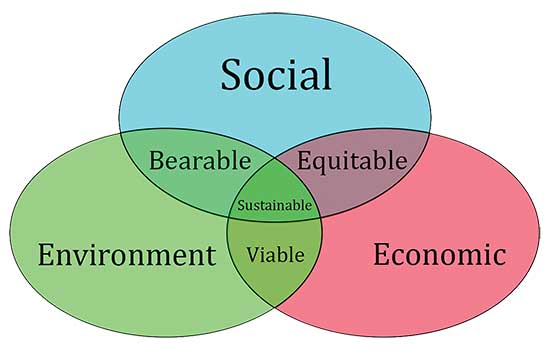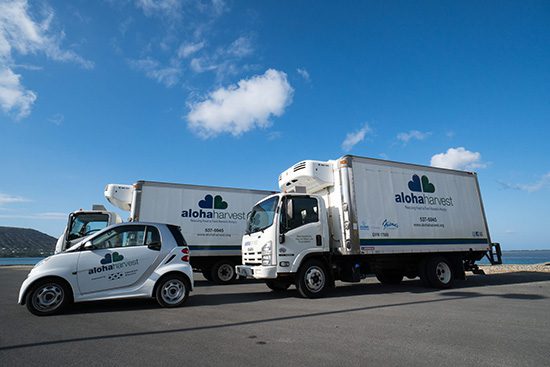
What can economics teach us about sustainability?
Aloha, my name is Paul Briggs, and I teach economics here at Windward Community College. Christian Palmer has given me the opportunity this month to write about the intersection of the environment and the economy.
I will be teaching a course in the fall 2019 semester called Environmental Economics (ECON 220) in which we will explore that issue. It is a Writing Intensive course, and it has a Sustainability focus as well.
Our course textbook, Environmental Economics and Natural Resource Management, examines economists’ belief that people face tradeoffs as the earth’s resources are scarce. In order for humans to survive, we need the oxygen that is generated from plants, moderate temperatures and clean water. But we humans also enjoy many comforts such as manufactured goods, housing and travel (primarily by automobile) at the expense of the environment.
The human impact on the environment can often be described as side effects or what we economists call externalities. Externalities are impacts that are felt beyond the individuals causing the effects.
There are two types of externalities, positive and negative. Examples of negative externalities are things like second hand smoke, generating waste and the burning of fossil fuels. Examples of positive externalities are the planting of trees in one’s back yard or the wearing of cologne (the right one, of course!). In a market economy, people tend to purchase too many goods that cause negative externalities and too few goods that generate positive externalities.
Economists have devised some ways to help people feel for themselves the external effects of their own behavior. It is difficult for people to impose these methods on themselves in the marketplace, so government acts as the agent to do it for them. These methods can include direct regulation, taxes, subsidies and the creative use of property rights.
In last month’s column, Christian Palmer nicely described the most elegant method of dealing with the problem of climate change: the carbon tax. The carbon tax is a way for individuals to feel the impact of the negative externality (global warming) as a result of the burning of fossil fuels. The idea is that if you make the activity more expensive, fewer people will do it.
But as Christian pointed out, there are unintended consequences to the carbon tax. Some lobbyists may be able to find loopholes for their industries and the tax can make the cost of living in Hawai‘i more expensive as most economic activity requires the burning of fossil fuels (i.e. automobile travel). But we economists would also argue that other behaviors that help the environment (electric cars, solar panels) should be subsidized in order to encourage their use.
I encourage you to check out my new course in the fall. Environmental economics has a number of practical applications: it can help the business student see the environmental consequences of many business decisions, and it can help environmental students understand the power of markets and incentives.
By Paul Briggs





